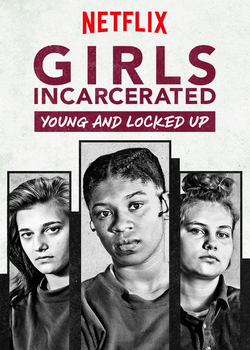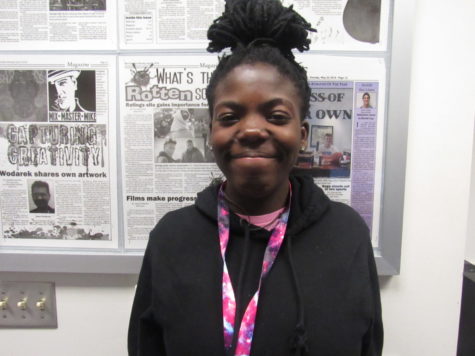Girls Incarcerated glosses over negative effects of juvenile detention

“Girls Incarcerated” addresses negative effects of juvenile detention on young women.
December 11, 2018
With media interest as intense as ever in teenagers who commit crimes, it is not surprising that one of this year’s Netflix hits has been the documentary series Girls Incarcerated, which focuses on teenagers who have broken the law.
Fictional crime dramas like Law and Order: Special Victims Unit have featured older criminals for years. Going back decades, the documentary Scared Straight had juvenile offenders hear life lessons from adult convicts.
Girls Incarcerated is a documentary that puts a lot of emphasis on drama. It looks at the relationships between the inmates, how milestones are accomplished and celebrated — such as birthdays and high school graduation — and how the system is able to work in their favor.
The series does a good job providing backstories for the girls, which is used as an emotional pull for viewers. Their personalities can be seen as relateable to other children their age or even adults who went through those same situations.
However, one drawback is that this program shows young adults that as long that they are not older than 18, consequences for violent actions can be pardoned with a slight punishment.
Even though it is known that kids in juvie are looked down upon and they are away from family and friends, Girls Incarcerated shows the girls being given multiple chances until they turn 18. There are bigger setbacks that go with being in juvie, such as a tarnished reputation and damaged mental health, but those aspect aren’t shown in this program.
Also, the storylines often feature children who come from broken homes, adoption, or the foster care system. This creates a stigma against children who happen to be in the same situation.
Maybe the biggest problem is that through this program, detention centers are now being romanticized.
While that provides entertainment, it is stigmatizing children from difficult backgrounds who have not been in trouble, and it could fool other teens into thinking that they won’t ever face serious repercussions for breaking the law.



